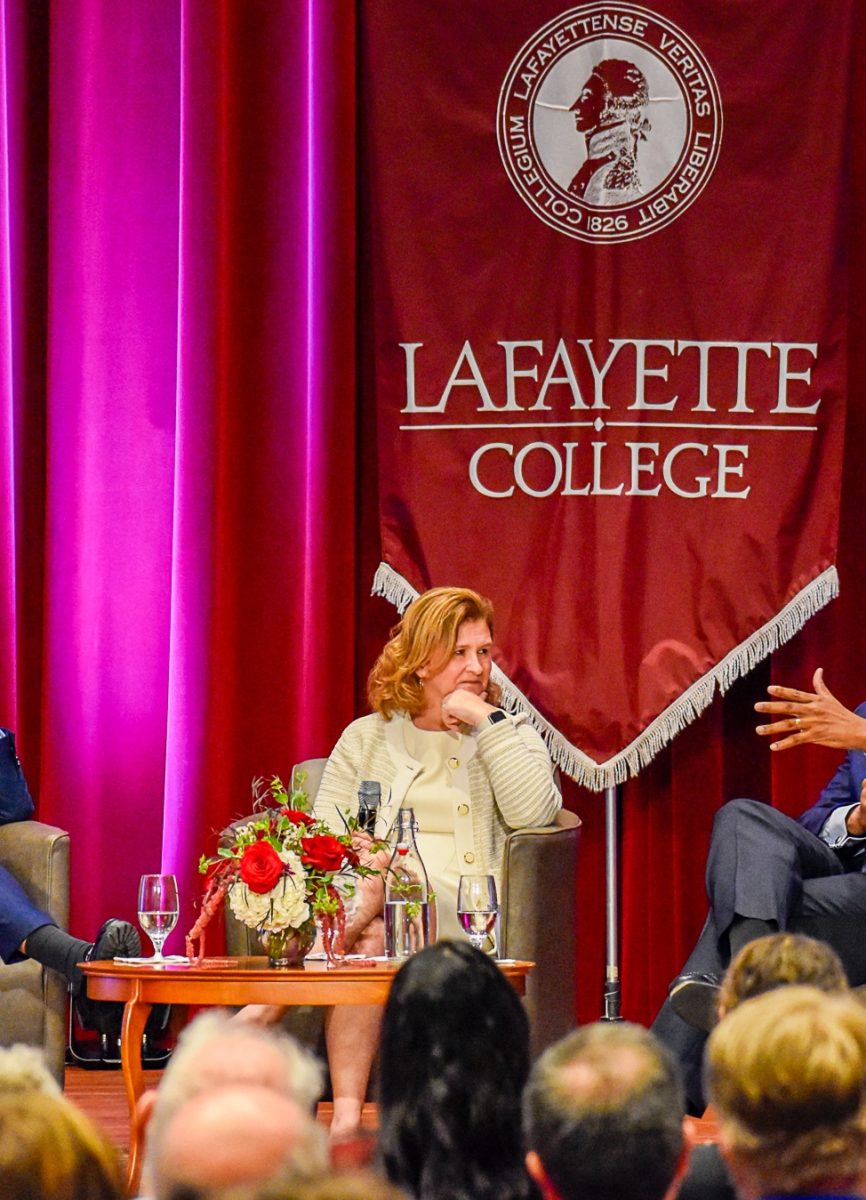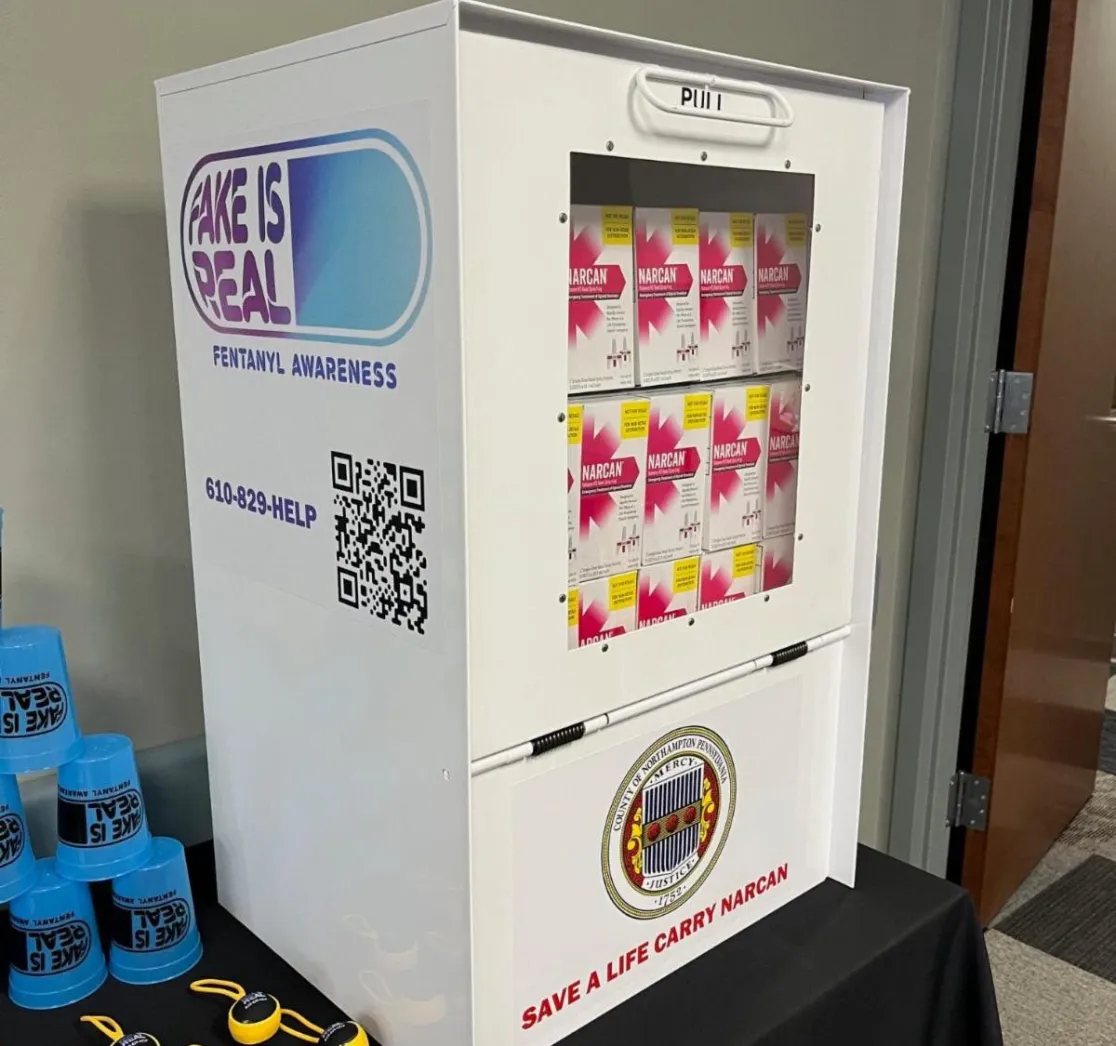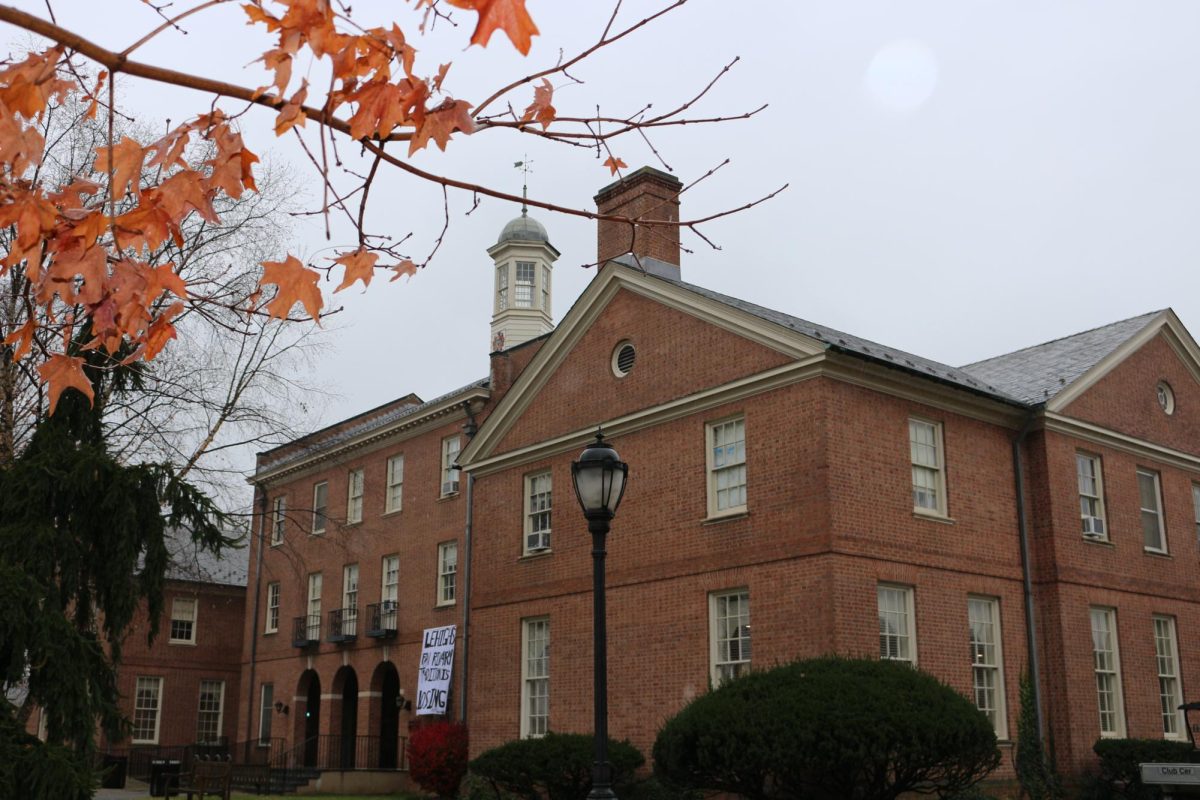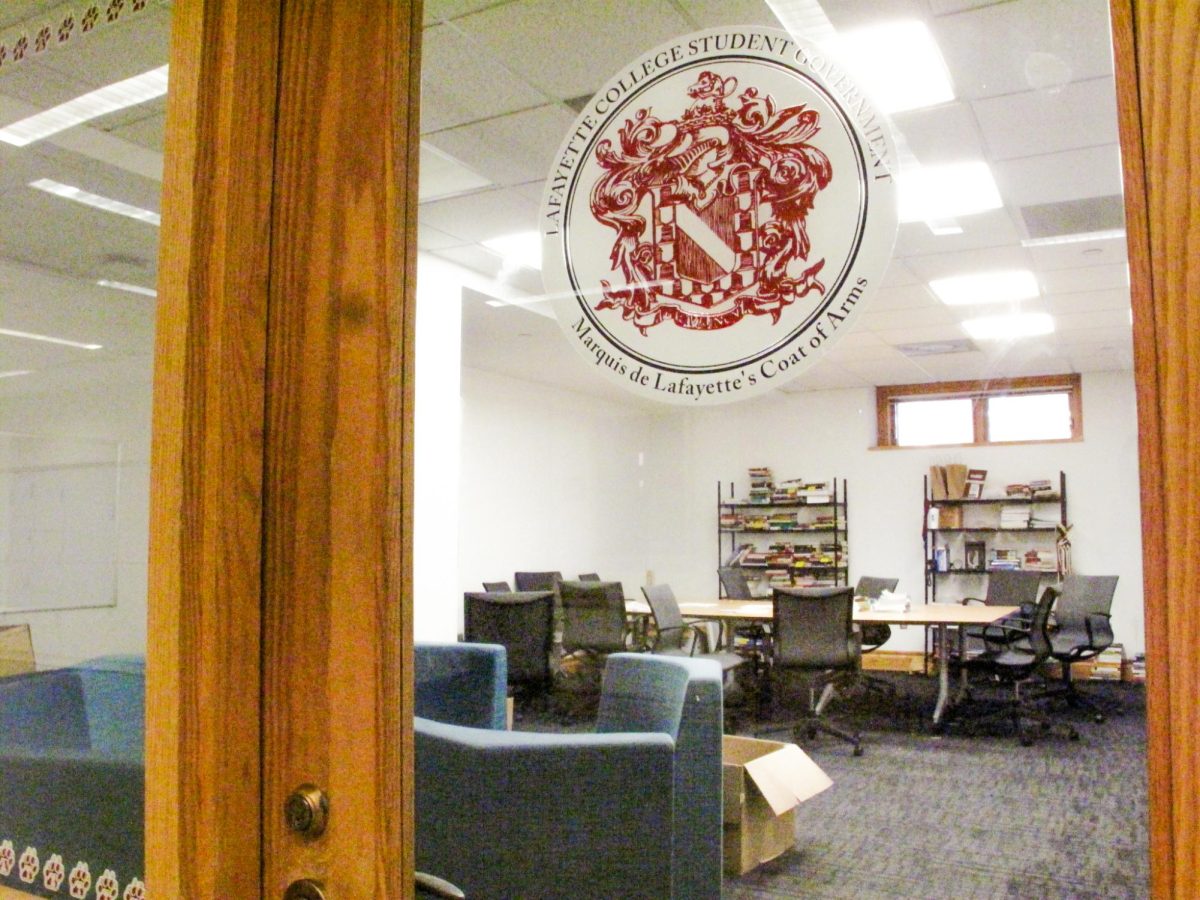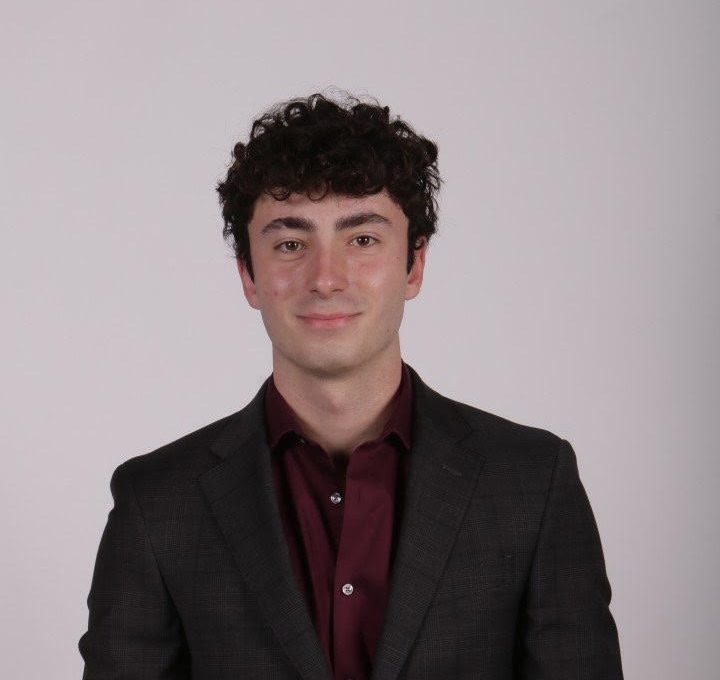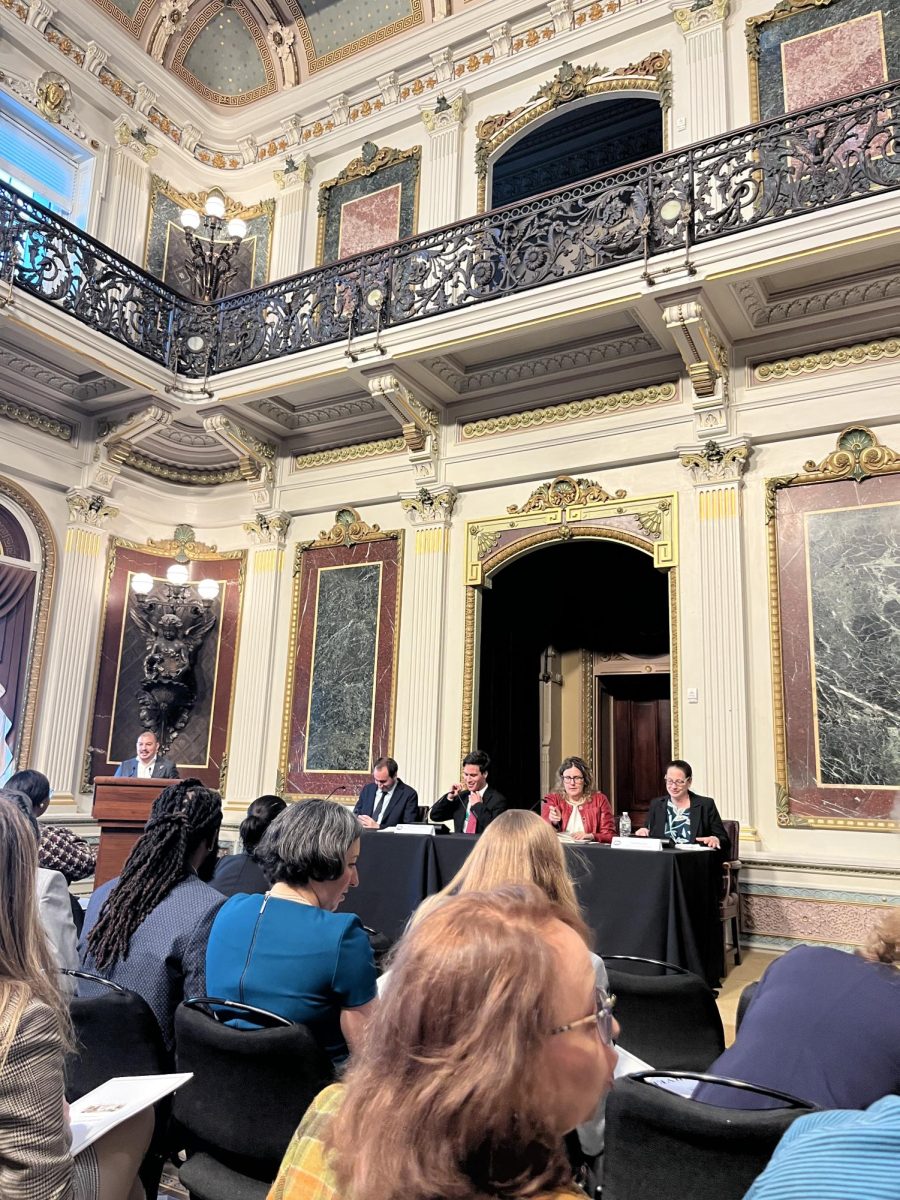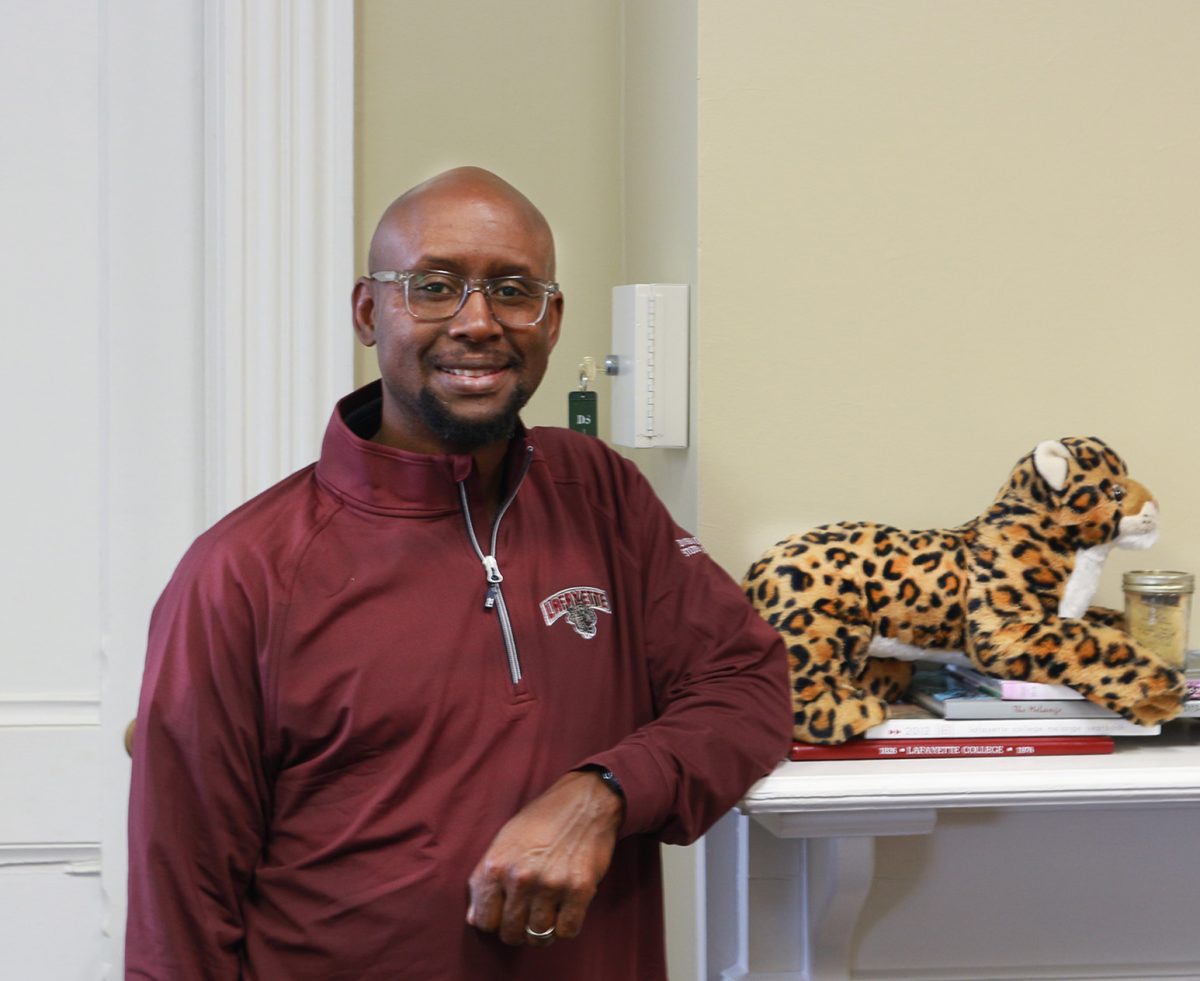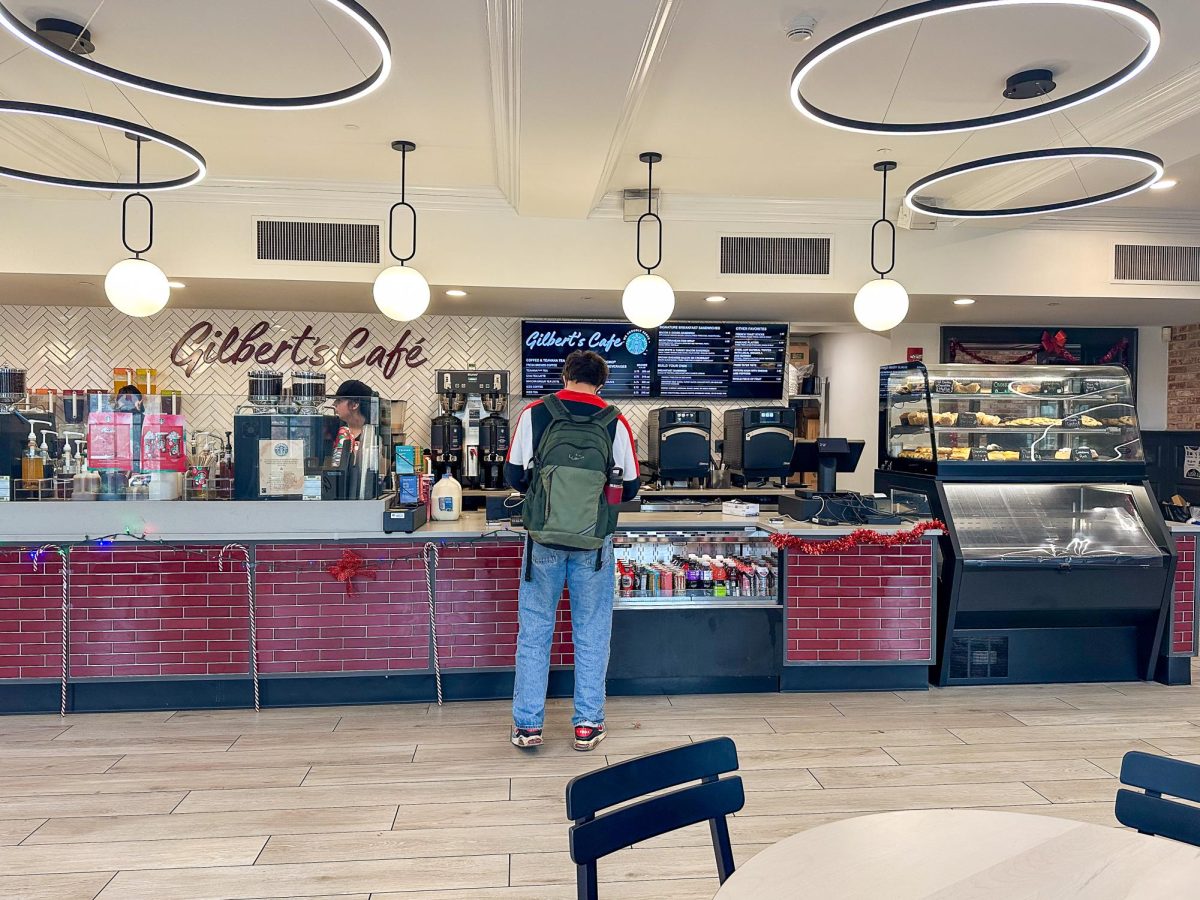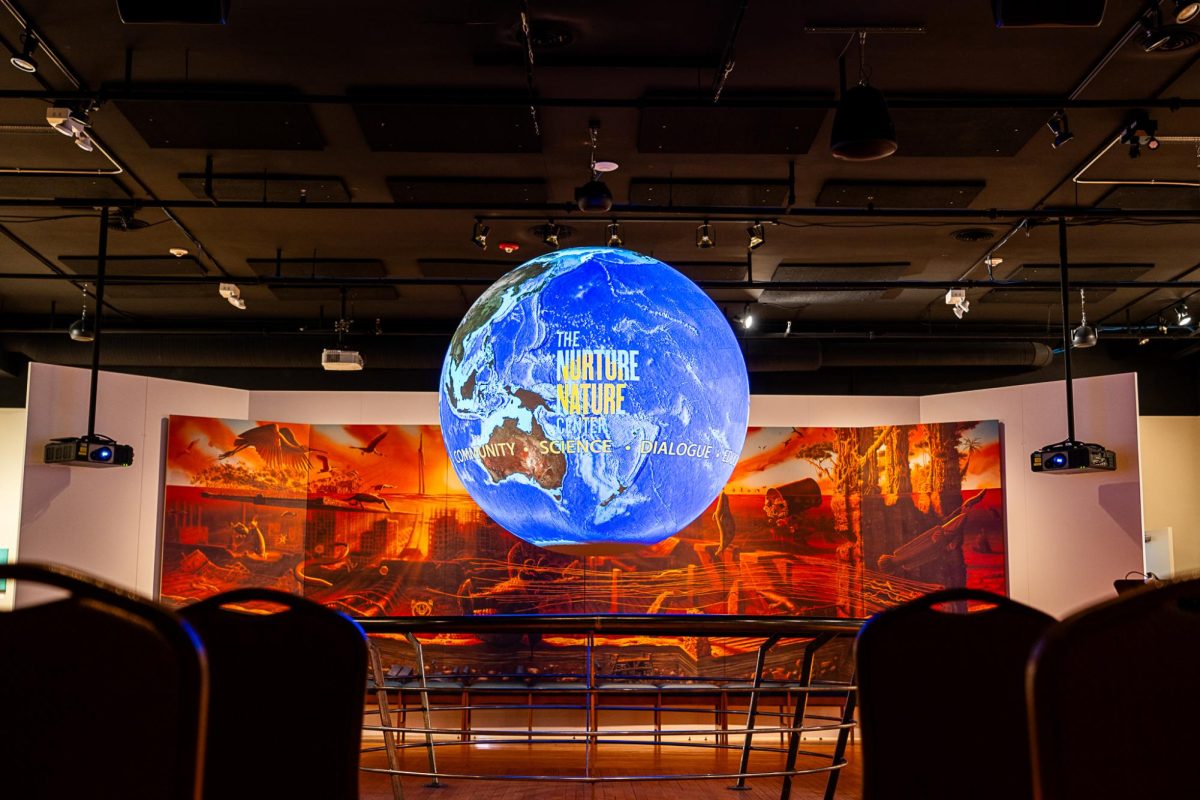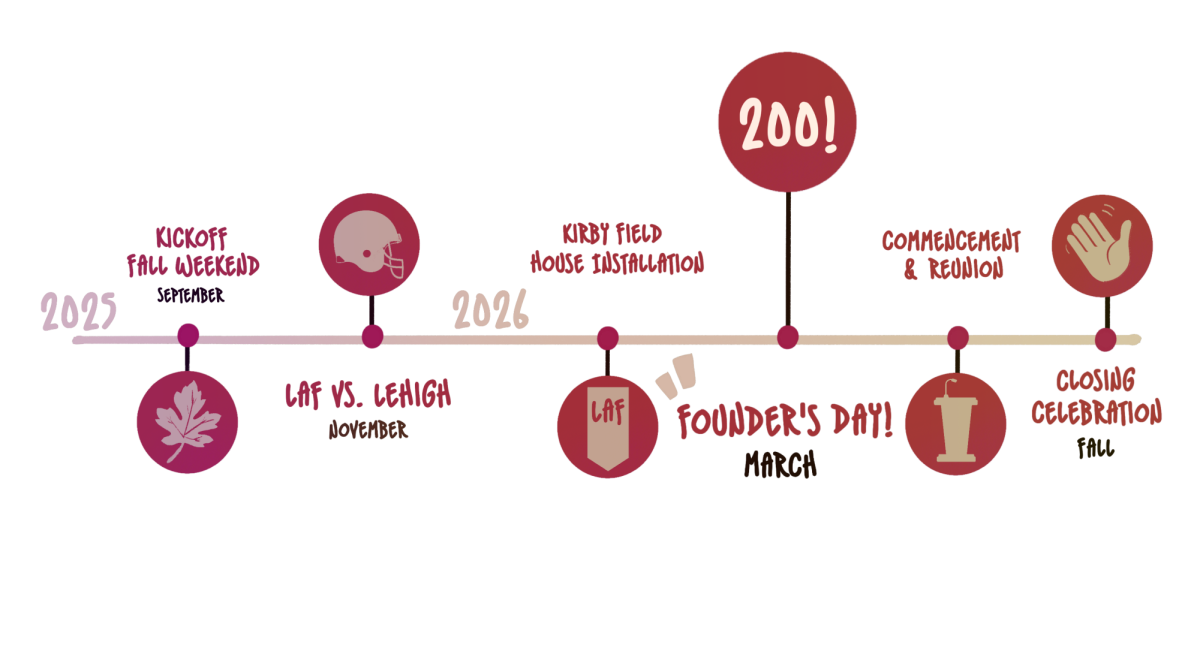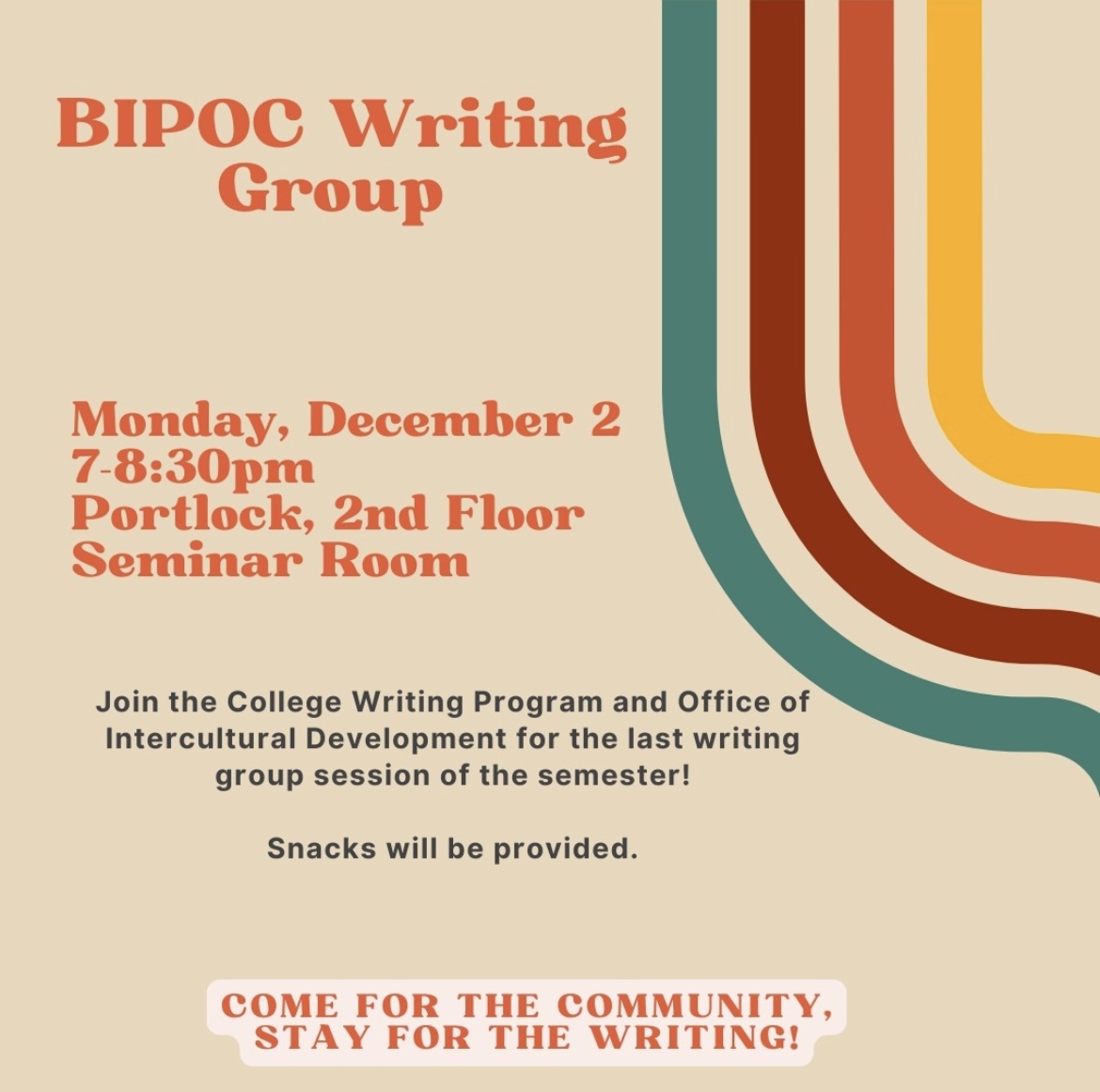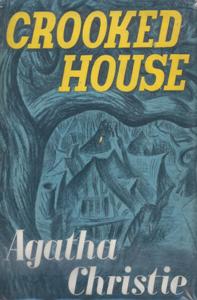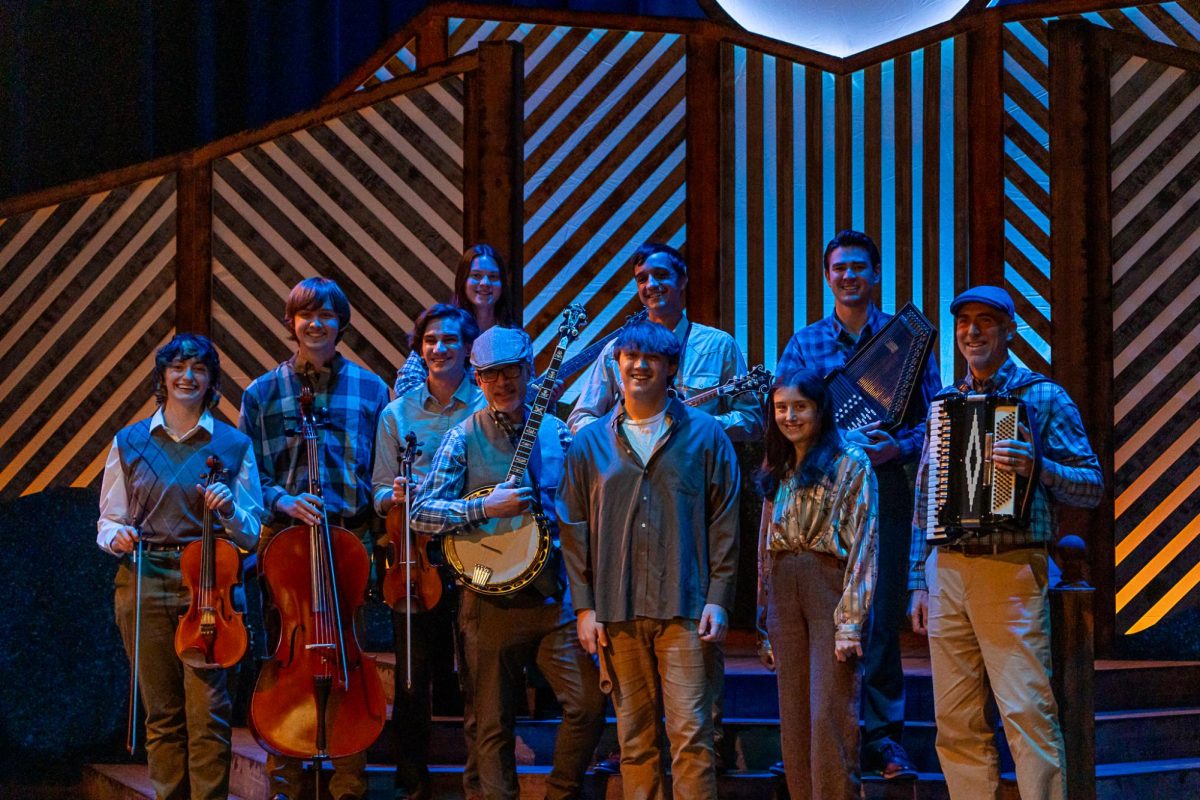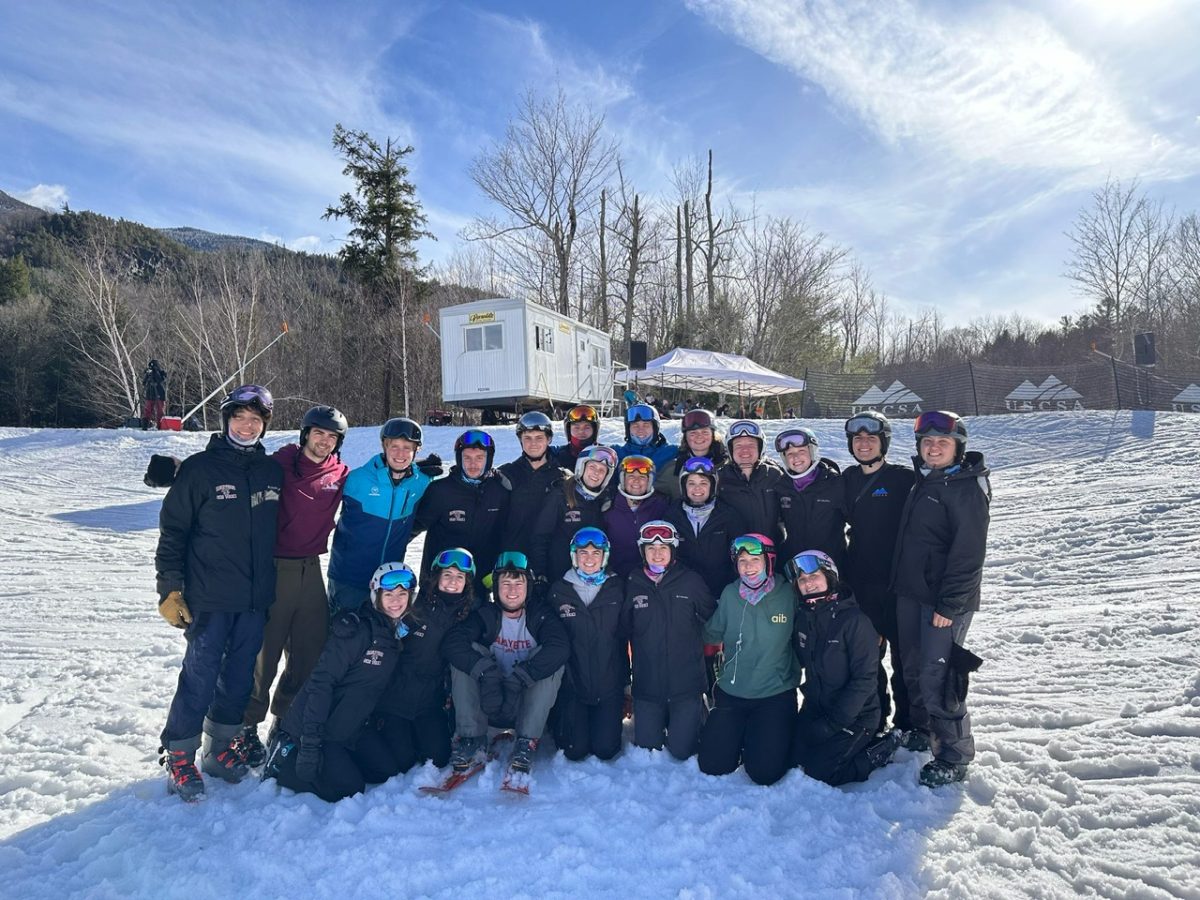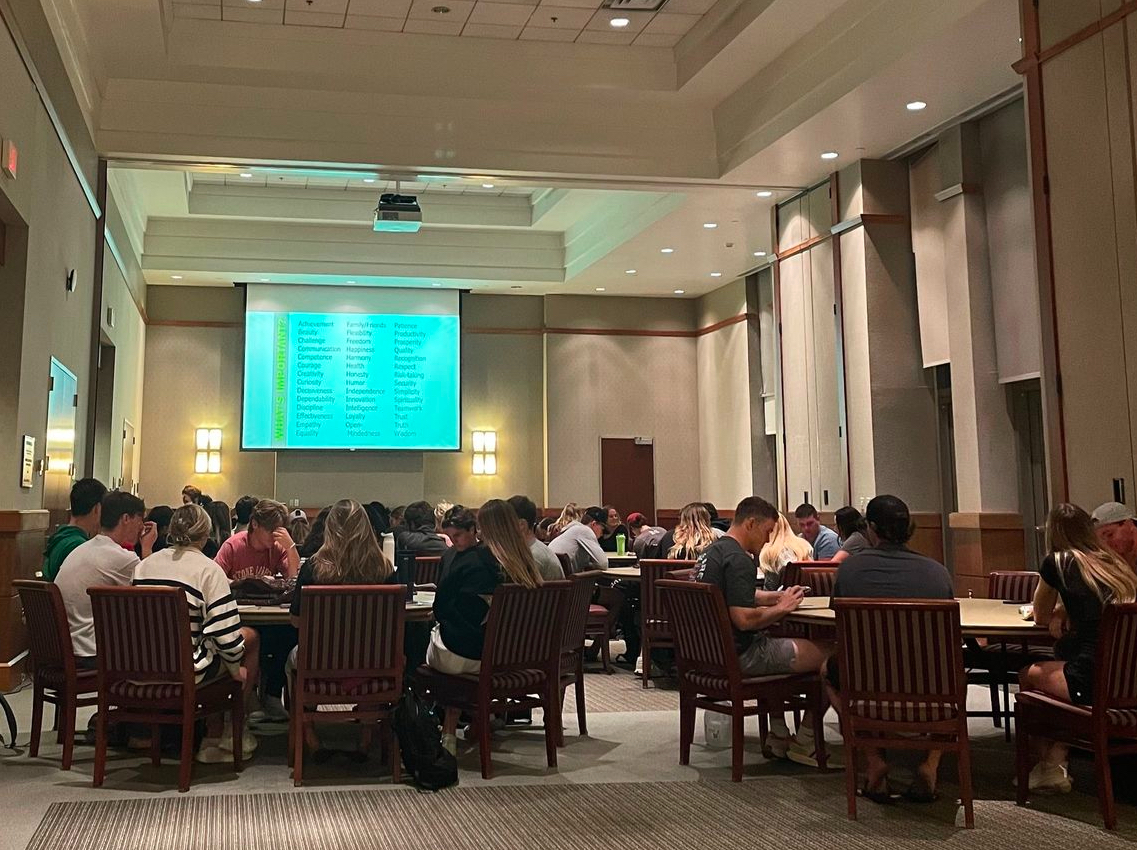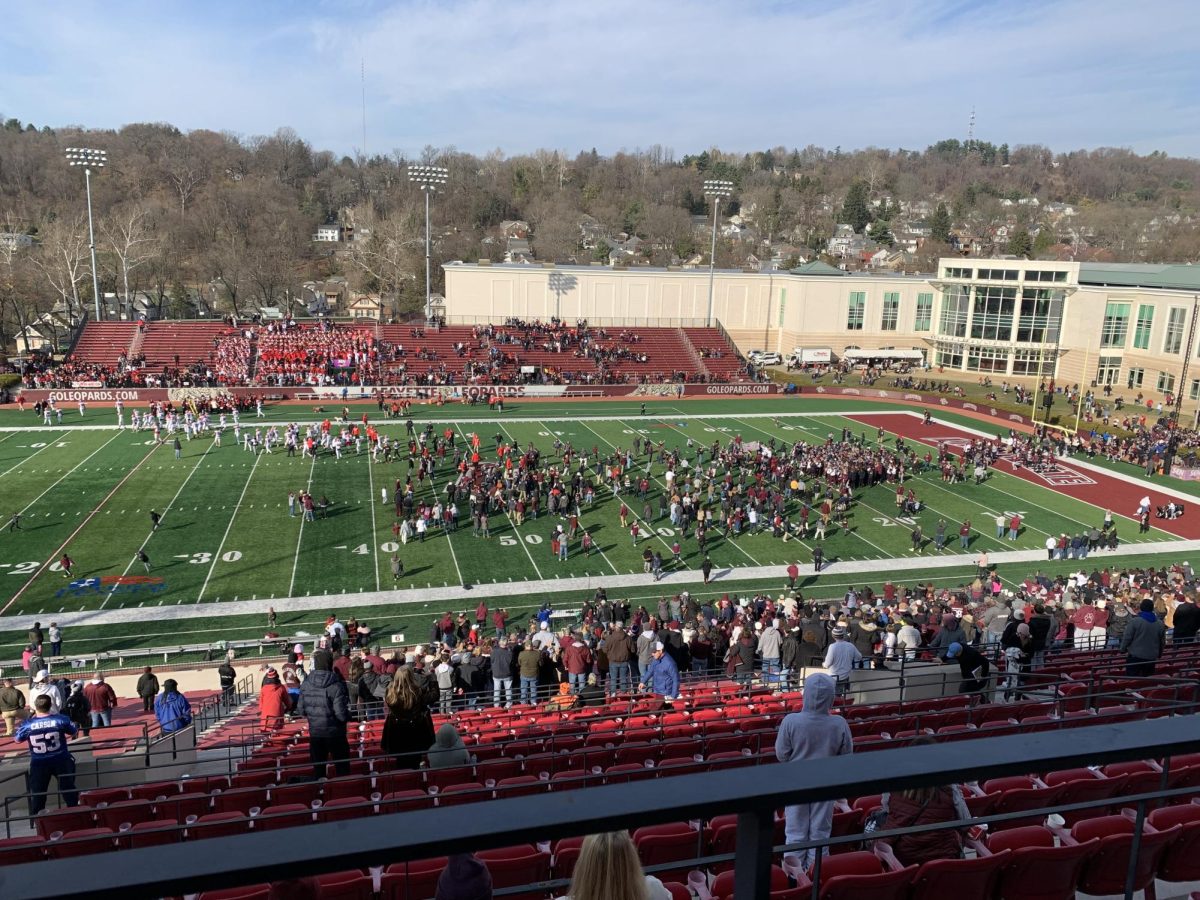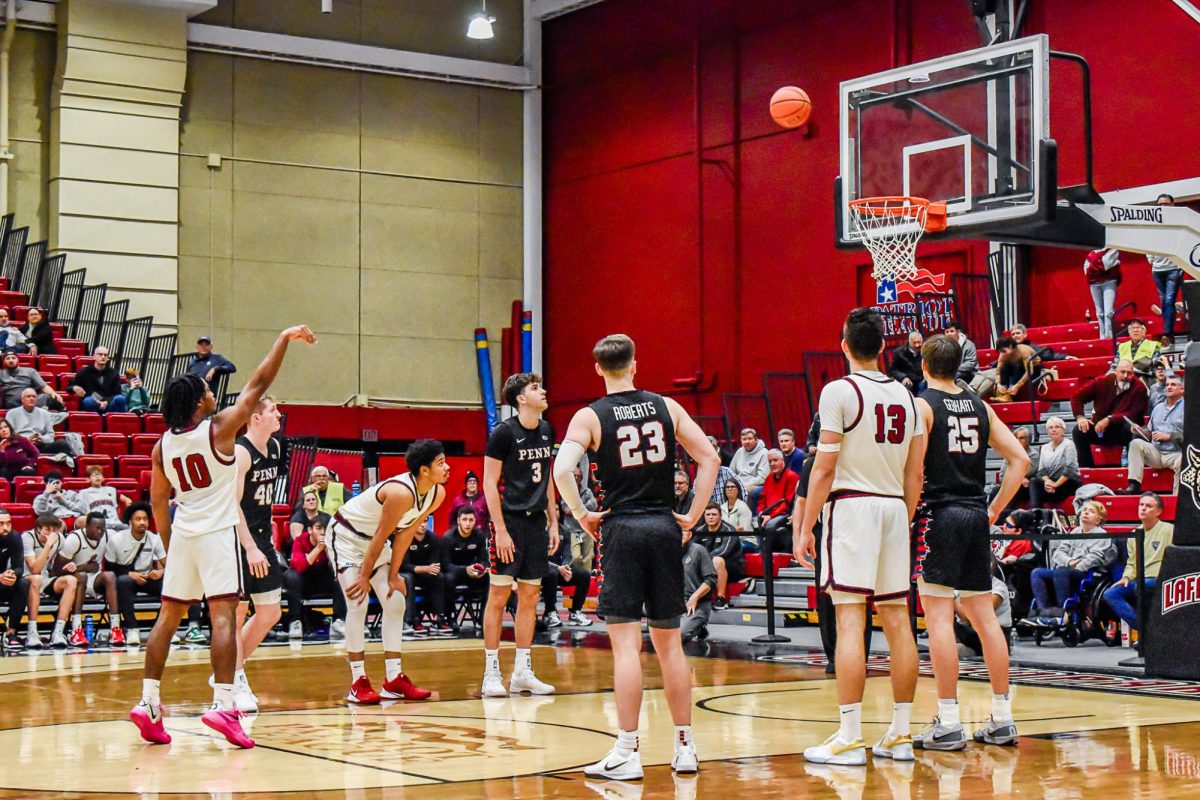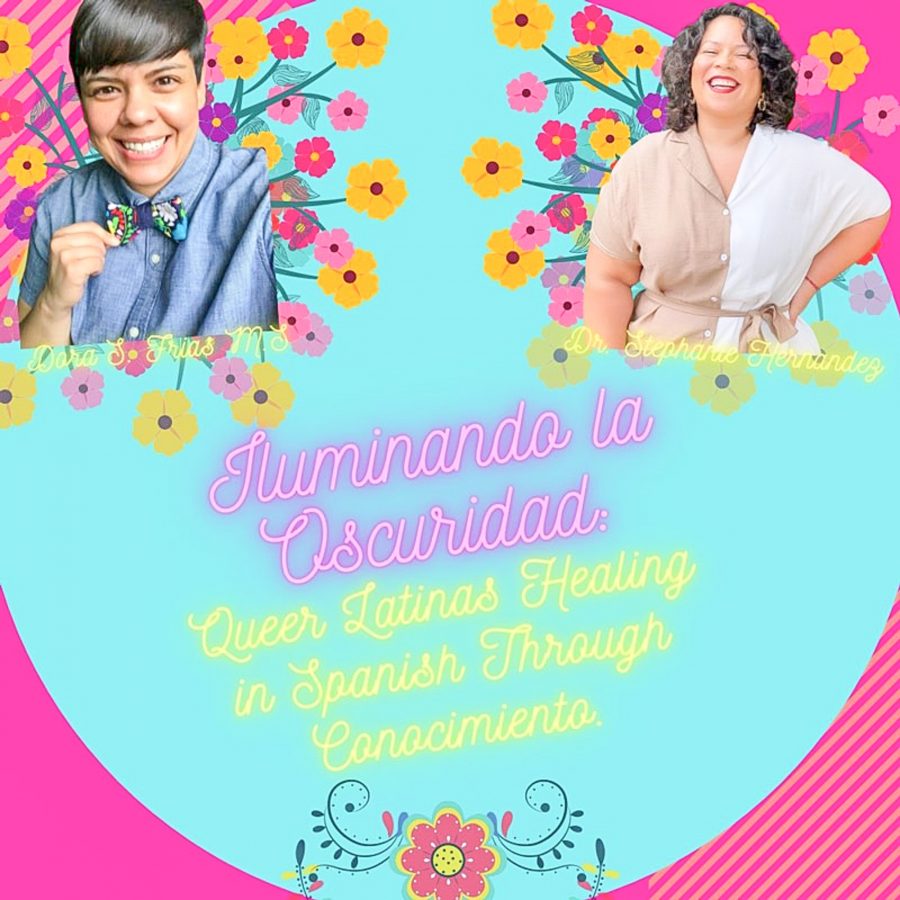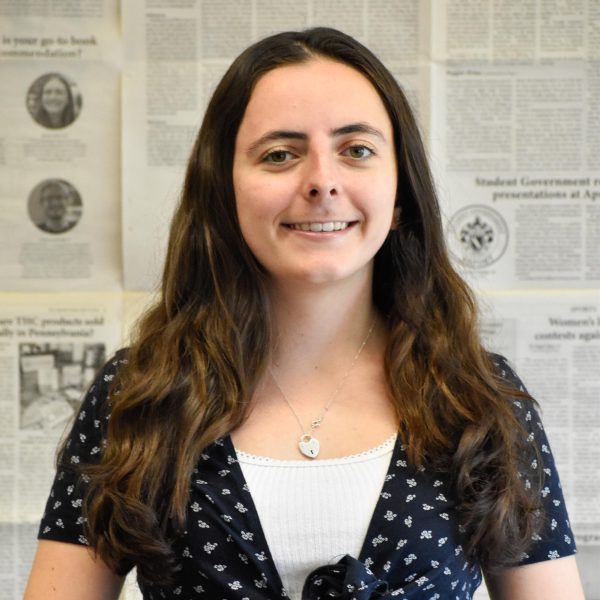For guest speakers Dora S. Frias and Stephanie Hernandez Rivera, existing as queer Latinas in academic spaces has brought many challenges.
This past Tuesday, in celebration of Latinx Heritage Month (Sept. 15 to Oct. 15) and LGBT+ History Month (which takes place in October), the Office of Intercultural Development and the Gender and Sexuality Resources Center hosted Frias and Hernandez to discuss their joint research entitled “Iluminando la Oscuridad: Queer Latinas Healing in Spanish Through Conocimiento.”
The pair met after Frias, who was working at the University of Georgia at the time, reached out to Hernandez at the University of Missouri regarding multicultural programs they were introducing to their respective universities. After their first encounter, the two kept running into each other at conferences.
At one conference, Hernandez shared experiences she was navigating on her campus as a woman of color. Hernandez found that oppression still exists on college campuses, even though its existence may be more nuanced.
“You’re dealing with the same monster in a different form,” Hernandez said.
Frias recalled feeling a connection to Hernandez’s talk.
“I had sent her a letter saying ‘Hey, you got folks who are thinking of you, we’re here for you,’” Frias said.
From there, the pair decided to begin their research. Their objective was to shine a light on the intersectional experiences of queer people of color.
“It was about creating a place for people to feel seen,” Frias said of their research.
In order to achieve this goal, Hernandez and Frias participated in a series of pláticas, or collaborative dialogues, that allowed them to gain insight. In these discussions, the pair would share vulnerable stories with each other about oppression in the workplace, some of which they had forgotten happened.
“We’re both experiencing a significant amount of racial trauma, among other types of trauma, but I think that when we’re at work we don’t really think about what we are experiencing as traumatic,” Hernandez said.
They would record their discussions and then listen back to them and identify themes. They found five commonalities: eliminating historias (stories), the labor of being la unica (the only one), la arcoíris fragmentada (fragmented rainbow/identities), viviendo con coraje (living with courage) and fuerte sin remedio (having to be strong).
“’Fuego’ ended up being the name of the folder where we kept all of our research,” Frias explained. “For me, it is a reminder of our collective fire: we are both fire in what we do individually on our campuses and then together, and we have also created something that is pretty powerful.”
The women felt that they had to show up for their students through their research because they were the only openly queer Latinas in their offices. They felt constricted in how they dressed and expressed themselves in meetings and felt that they had to exude strength in the workplace because people assumed they were going to be strong.
“I was forced to dull the colors that add to the fullness of who I am and how I navigate the world while fragmenting myself and the various areas of my life,” Hernandez said in one plática.
Hernandez and Frias ended with words of advice. They found that healing begins with grounding your experiences and finding language and practices that aid in healing. For them, it helps to speak in Spanish to express what they cannot in English.
They also urged students to trust their intuition and find joy in life as well as work. Finally, they encouraged the audience to engage in collective care by helping others.
“I know that if I need something, Stephanie is someone I can go to to talk things through,” Frias said. “Find those folks and keep them close.”

